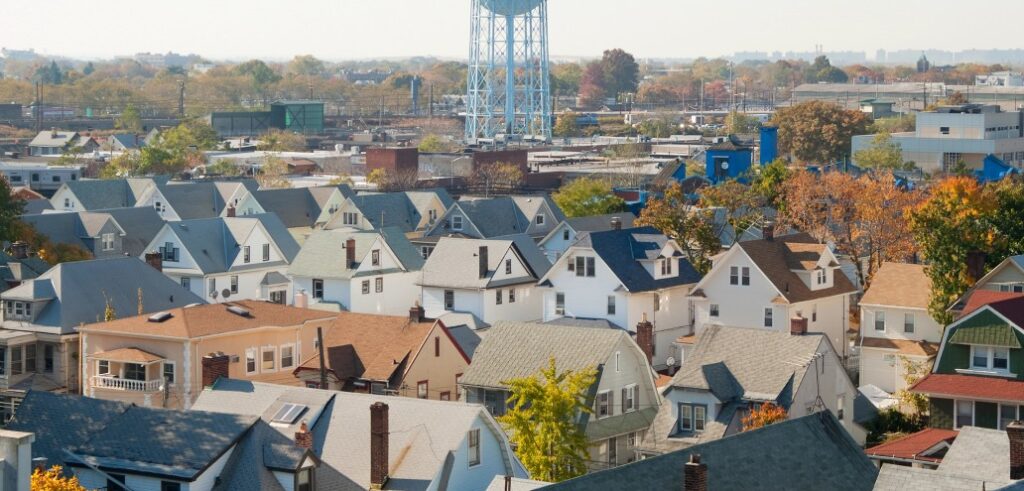Last Updated on February 25, 2024 by CREW Editorial
Private residential developers and builders construct nearly 90 per cent of the homes we live in. They’re a vital and indispensable part of the housing supply and affordability ecosystem and must be included when it comes to figuring out a game plan to tackle the problem and bring on more units.
They’re the right people to turn to for ideas on how to confront the housing crunch. They know how to avoid the proverbial pitfalls and can get the best bang for the buck because of their expertise.
I am raising this issue because we at RESCON were surprised last November when the Toronto City Council voted – as part of an ambitious affordable housing plan that would see 65,000 rent-controlled units built by 2030 at a cost of $36 billion – to advance the use of a city-led team and “public builder model” to undertake all aspects of the construction and delivery of the homes on several sites.
A staff report suggested the city should be the property developer on the projects. Coun. Brad Bradford rightly objected to the proposal, noting the city doesn’t have the expertise in building and that’s why it’s always been important to partner with builders. But his motion was defeated.
In our opinion, bypassing private builders and developers – the very people who have the know-how that is needed – would be a mistake as the building process is complicated and fraught with difficulties.
RESCON Encouraged by Message
Recently, though, at RESCON’s annual general meeting, we were encouraged to hear from Toronto Mayor Olivia Chow, who explained in remarks that she is committed to working with builders.
She noted that a housing blueprint passed by the city provides the road map, but the city will rely on builders to do the actual work.
“Under the road map, we’re just the developer, we’re the ones that have the land, you’re going to do the building,” the mayor said.
She also noted that the city is working to bring all housing departments together under the auspices of one person and make it easier for housing to be built. And, she indicated, in spite of the city’s financial problems, the council won’t cut the planning department budget because approvals must move through the system faster.
It’s what we wanted to hear.
The mayor also reiterated her commitment to work with the provincial and federal governments to move the needle on housing and, just as encouraging, said the city is taking action to move the process along on densification, as more density means more people taking public transit and less congestion which is better for the environment.
Meanwhile, at the same event, the Municipal Affairs and Housing Minister, Paul Calandra, indicated that more changes are coming to move housing supply. We shall see what transpires, but clearly time is of the essence.

Housing Must be Built Quickly
It is critical to build more housing quickly. For too many years, the number of homes being built in Ontario has not kept up with the needs of the growing population, and house prices are rising faster than incomes.
Homeownership is now beyond the reach of most working people and causing many to leave our cities. Toronto, Hamilton, and Vancouver are now among the least affordable cities in North America.
For example, about 70,000 people migrated into Ontario in 2022-23, while about 115,000 left. A recent survey indicated that more than 40 per cent of post-secondary graduates are considering leaving the province because of the housing supply and affordability crisis.
Disturbingly, latest reports indicate that the situation will get worse before it gets better.
Tough Year Ahead
At RESCON’s recent meeting, we heard from market specialists who indicated the housing market is in for a rocky ride in 2024.
Sales of new homes have literally ground to a halt due to interest rate hikes, construction costs have risen dramatically, and hefty taxes, fees, levies, and exorbitant development charges are taking a toll.
There has been a slowdown in both low- and high-rise housing starts. In Ontario, for example, starts were less than 90,000 in 2023. They’re expected to dip to 80,000 in 2024 before rising to 85,000 in 2025 and 88,000 in 2026.
Only 10 Canadian cities saw a rise in housing starts in 2023, while the majority saw a decline.
Construction of new housing is simply not keeping up with record population growth. We have too many people for the number of houses being built.
Meanwhile, the average home in Canada now costs $741,400, and the minimum income required to qualify for the average Canadian home is $195,000.
We must build more housing by tackling the issues that are stifling the market – and ensure that builders are involved in the fix.
Richard Lyall is president of the Residential Construction Council of Ontario (RESCON). He has represented the building industry in Ontario since 1991. Contact him at media@rescon.com.

Richard Lyall is president of the Residential Construction Council of Ontario (RESCON). He has represented the building industry in Ontario since 1991. Contact him at media@rescon.com.









